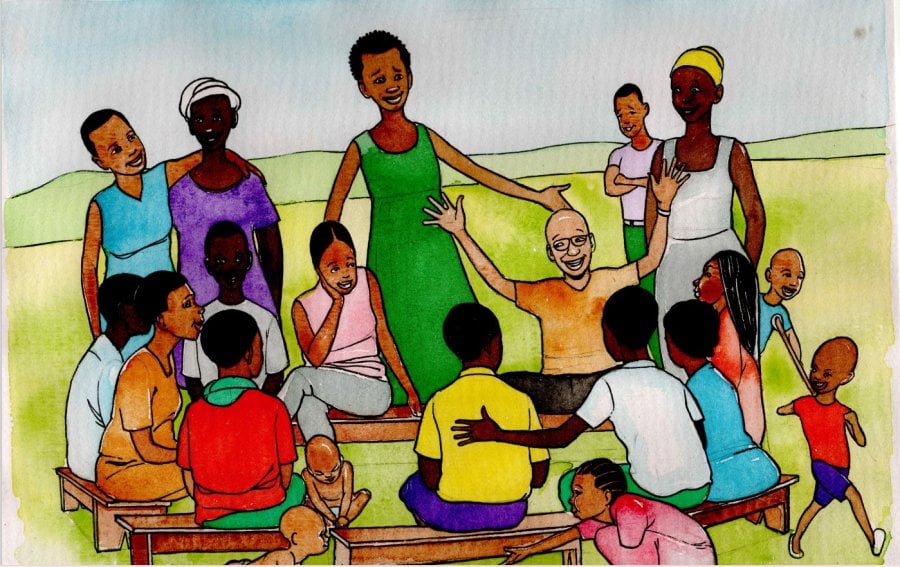
The Obuntu Bulamu
In Uganda approximately 2.5 million children have a disability. The decision to include a child with a disability in the family, school, and community is affected by beliefs about its cause, opinions of relatives, poverty, and the changing social fabric, especially in urban areas.
The Obuntu Bulamu research project with funding from the Norwegian Agency for Development Cooperation (Norad), Atlas Alliance, International Foundation of Applied Disability Research (FIRAH) and Child-Help aims to improve participation, inclusion, and quality of life of children with disabilities. Obuntu bulamu refers to the human characteristics of generosity, consideration and humaneness towards others in the community.
According to Dr. Femke Bannink Mbazzi, Principal Investigator and Disability Research Group lead at the Unit, disability research and interventions in sub-Saharan Africa often neglect valuable indigenous beliefs and practices, which embrace interdependence and communal responsibilities in the inclusion of persons with disabilities.
Between 2020 and 2024 the impact of the Obuntu bulamu intervention on participation, inclusion, and quality of life of 200 children with disabilities, 200 parents, and 200 teachers is tested in a randomized control trial in 20 primary schools in Wakiso and Masaka districts. The intervention is expected to facilitate peer to peer support for children with disabilities using the Obuntu bulamu values and practices. One of the Obuntu bulamu trainers stated:
"I am so happy about this project, when I was growing up there was Obuntu bulamu, now people have forgotten, but you have brought it back".
William Katende, parent's trainer
Another trainer also stated that the intervention emphasizes the importance of belonging and caring for each other to make inclusion possible.
"In Obuntu bulamu we involve everyone, each person has a responsibility to look after children with disabilities".
Hajala Ndagire, children's trainer
The Obuntu bulamu intervention was developed and tested by a team of Ugandan researchers together with parents, children with disabilities, rehabilitation workers, psychologists, and education specialists between 2017 and 2019. Alongside training materials, children also co-created video narratives and a video documentary that emphasize the value of belonging and taking care of one another in order to make inclusion feasible. The videos can be accessed on the Obuntu Bulamu YouTube channel:
The Obuntu Bulamu research project is a collaboration between the MRC/UVRI and LSHTM Uganda Research Unit, Ghent University, Kyambogo University, the Ugandan Ministry of Education and Sport, community-based rehabilitation service providers, disabled persons’ organizations and family support groups in Uganda. The project invites scholars, policy makers, and implementers to embrace African descriptions and models of belonging in disability inclusion in Uganda and the region.
If you enjoyed this article and would like to build a career in global health, we offer a range of MSc programmes covering health and data, infectious and tropical diseases, population health, and public health and policy.
Available on campus or online, including flexible study that works around your work and home life, be part of a global community at the UK's no.1 public health university.
